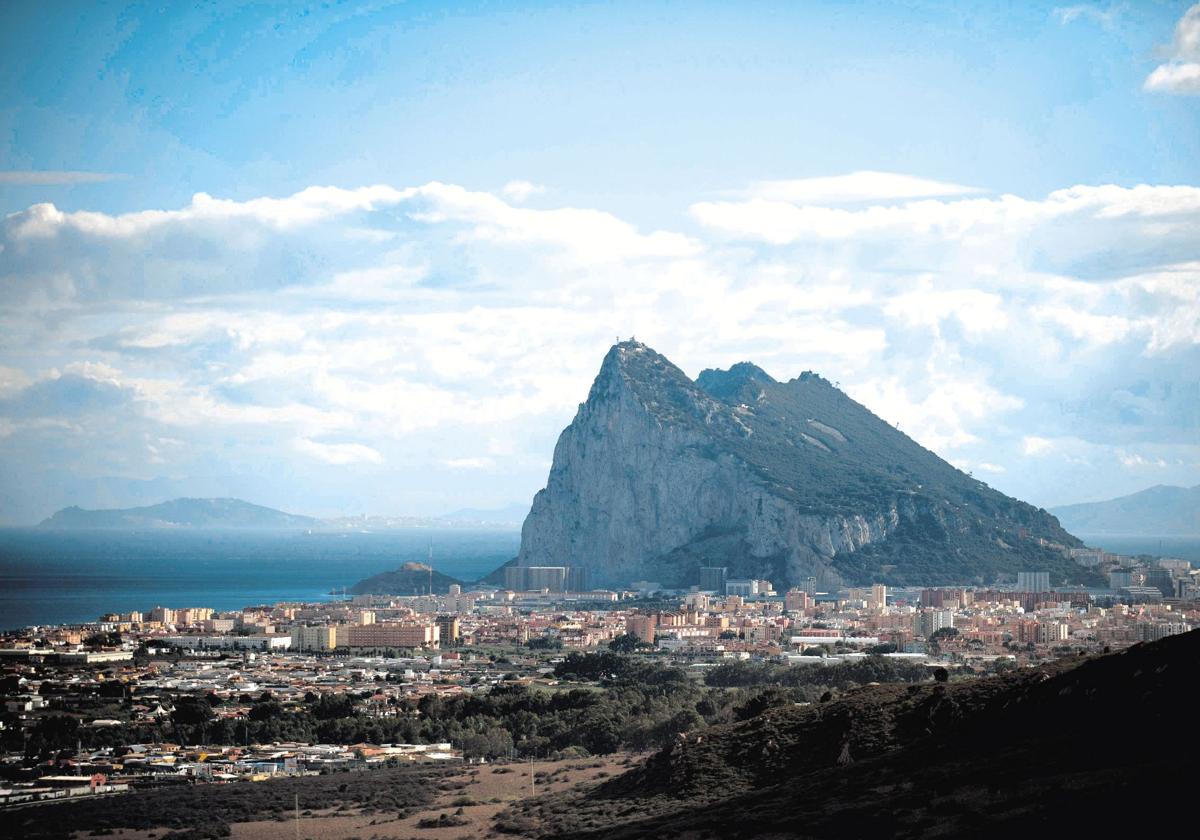The rest is history
The deal is a triumph of pragmatism and good sense - a rare moment of compromise in a long-running dispute
Mark Nayler
Friday, 13 June 2025, 11:13
In satisfying all the involved parties (at least for now), this week's Gibraltar deal has achieved the almost-impossible. Gibraltar's prized sovereignty remains intact; the 15,000 people who cross the Spain-UK border every day, many of whom live in Andalucía but work on the Rock, will be able do so without identity checks; and the British military retains control of the airport, which includes an RAF base, a red line for the UK in the five-year negotiations that have just concluded. The deal is a triumph of pragmatism and good sense - a rare moment of compromise in a long-running dispute.
One wonders, though, whether it will be sufficient to diffuse the deeper tensions between Spain and the UK over the Rock, which was ceded to Britain as part of the Treaty of Utrecht in 1713. Spain has always contested the validity of that agreement, arguing that neither the seas surrounding Gibraltar, nor the isthmus - the thin strip of land connecting it to Spain, on which the airport and border are located - were given to the UK. Successive Spanish governments, including the one currently in power, have been very clear about what that means: Gibraltar should be returned to Spain.
At the very least, Spain wants joint control of Gibraltar with the UK - an arrangement which Pedro Sánchez said in late 2018 would "resolve a conflict that has been going for over three hundred years". At the time, Sánchez claimed that the Spanish claim to Gibraltar would be bolstered once the UK had left the EU; but the prospect of a Rock jointly controlled by both the Spanish and British governments - the minimum that Spain requires as a 'solution' to the historical conflict - is no closer now than it was seven years ago.
Gibraltarians have emphatically rejected the notion of joint sovereignty, most recently in a 2002 referendum in which almost 99% voted to remain as an autonomous British Overseas Territory. Shared control is also opposed by the Rock's chief minister, Fabian Picardo, and (at least in theory), by the British government. For this reason, Nigel Farage's Reform UK is outraged that Spanish border guards will now be checking passports at Gibraltar Airport, which it claims represents "another surrender" by a spineless Labour government. The Daily Mail took a similar line, screaming of "The betrayal of Gibraltar" in one of its headlines this week.
The old historical animosities are surfacing again, expressed in the terminology of war. But the post-Brexit complexities centred on Gibraltar have been generated by its geographical position: as a British territory on the Iberian peninsula, it is both within and outside of Europe. This is essentially a practical problem, calling for practical solutions - such as the one agreed upon this week. The rest is history.


Comentar es una ventaja exclusiva para registrados
¿Ya eres registrado?
Inicia sesiónNecesitas ser suscriptor para poder votar.